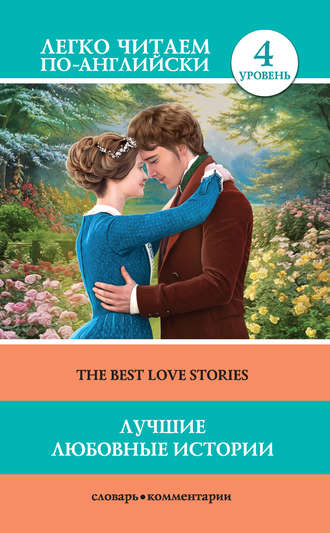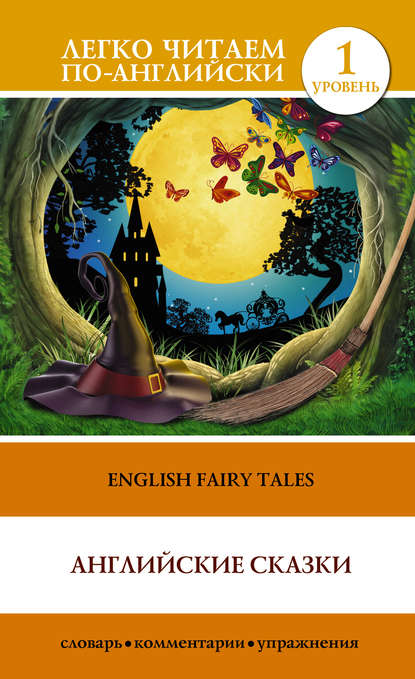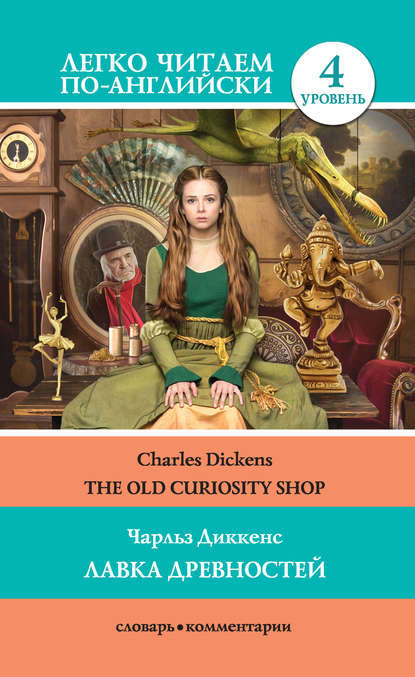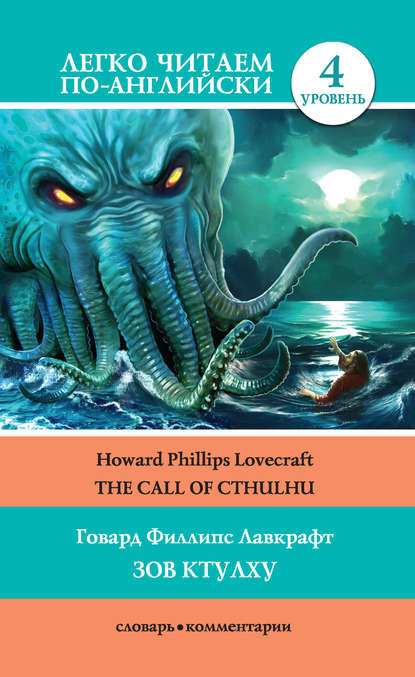Лучшие любовные истории / The Best Love Stories

Полная версия
Лучшие любовные истории / The Best Love Stories
Жанр: зарубежные любовные романыизучение языкованглийский языклексический материалтекстовый материалистории о любвиUpper-Intermediate levelзнания и навыки
Язык: Русский
Год издания: 2017
Добавлена:
Серия «Легко читаем по-английски»
Настройки чтения
Размер шрифта
Высота строк
Поля
Конец ознакомительного фрагмента
Купить и скачать всю книгу











